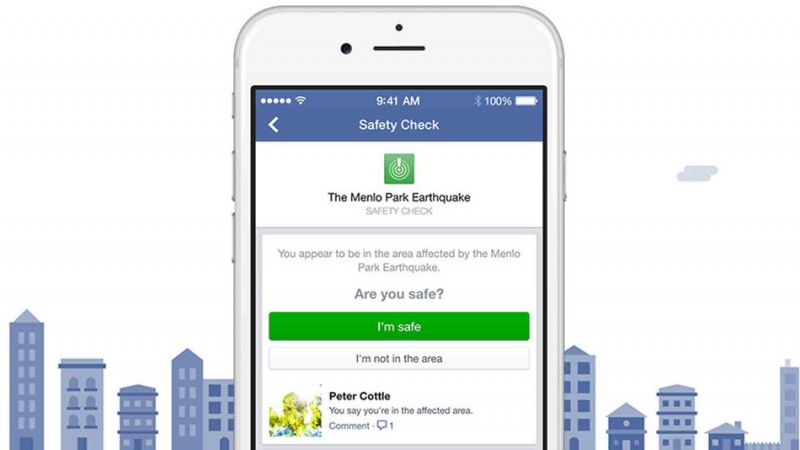Facebook took the unprecedented step of activating its Safety Check feature in the aftermath of the Paris attacks on Friday, marking the first time that the tool has been deployed for a situation other than a natural disaster. And even though many of the social network's users reported that they had benefited from the Safety Check, some critics questioned why Facebook had chosen to use it in Paris but not for other recent attacks - most notably the twin suicide bombing that killed over 40 people in Beirut on Thursday.
First launched in 2014, the Safety Check tool allows users in affected areas to confirm to friends and loved ones that they are okay. The feature also allows other users to mark people in the area as safe, and provides a check list of friends who may be affected by the disaster. It has previously been used during earthquakes in Afghanistan, Chile, and Nepal, and was activated for Hurricane Patricia.
More than 4 million people used the Safety Check on Friday, with 360 million people receiving notifications that their friends were safe, according to the company. Responding to why the tool has never been used during previous terrorist attacks, Facebook's Vice President of Growth, Alex Schultz, said in a post: "We chose to activate Safety Check in Paris because we observed a lot of activity on Facebook as the events were unfolding [...] So we made the decision to try something we've never done before: activating Safety Check for something other than a natural disaster. There has to be a first time for trying something new, even in complex and sensitive times, and for us that was Paris."
CEO Mark Zuckerberg said in a Facebook post that the company will now use the feature "for more human disasters going forward as well." Schultz did add, however, that it would not be activated in certain ongoing crises. "In the case of natural disasters, we apply a set of criteria that includes the scope, scale and impact," he wrote. "During an ongoing crisis, like war or epidemic, Safety Check in its current form is not that useful for people: because there isn't a clear start or end point and, unfortunately, it's impossible to know when someone is truly 'safe.' "
